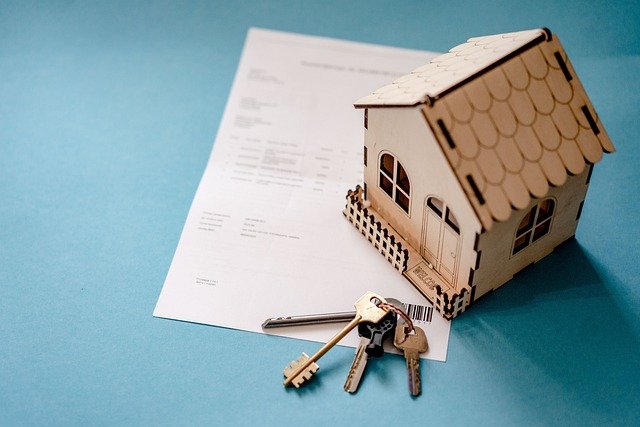Selling Your House: A Comprehensive Guide to the Home Selling Process
Selling a house can be a complex and emotionally challenging process. Whether you're upgrading, downsizing, or relocating, understanding the steps involved in selling your property can help you navigate the real estate market more effectively. This guide will walk you through the essential aspects of selling your house, from preparation to closing the deal.

What is the best time to sell my house?
The best time to sell your house often depends on your local real estate market and personal circumstances. Generally, spring and early summer are considered prime selling seasons in many areas, as the weather is pleasant and families often prefer to move before the new school year begins. However, selling during the off-season can have advantages too, such as less competition from other sellers. Research your local market trends and consult with a real estate agent to determine the optimal timing for your specific situation.
How do I determine the right price for my property?
Setting the right price for your property is crucial for attracting potential buyers and ensuring a timely sale. Start by researching comparable homes in your area that have recently sold, considering factors such as size, location, and condition. A professional appraisal can provide an accurate valuation of your home. Real estate agents can also offer valuable insights through a Comparative Market Analysis (CMA), which takes into account current market conditions and trends. Be prepared to adjust your price if necessary, based on feedback from showings and market response.
Should I hire a real estate agent or sell my house myself?
Deciding whether to hire a real estate agent or sell your house yourself (For Sale By Owner, or FSBO) depends on various factors, including your experience, time availability, and local market conditions. Real estate agents bring expertise in pricing, marketing, negotiation, and handling paperwork. They also have access to a wider network of potential buyers through the Multiple Listing Service (MLS). However, their services come with a commission, typically 5-6% of the sale price.
Selling your house yourself can save on commission fees, but it requires significant time and effort. You’ll need to handle all aspects of the sale, including marketing, showing the home, negotiating with buyers, and managing legal paperwork. If you choose this route, consider hiring a real estate attorney to assist with contracts and closing procedures.
What are the most effective ways to market my house?
Effective marketing is essential for attracting potential buyers and securing the best possible price for your home. In today’s digital age, online listings are crucial. Ensure your listing includes high-quality photos and a detailed description of your property’s features and benefits. Utilize popular real estate websites and social media platforms to reach a wider audience.
Traditional marketing methods can also be effective, such as yard signs, open houses, and local newspaper advertisements. Networking with friends, family, and colleagues can help spread the word about your property. If you’re working with a real estate agent, they will typically handle marketing efforts and may have access to additional resources and strategies to promote your home.
How do I navigate the closing process when selling my house?
The closing process is the final stage of selling your house, where ownership is officially transferred to the buyer. This process typically involves several steps and can take 30-60 days to complete. Key elements of the closing process include:
-
Accepting an offer and negotiating terms
-
Opening an escrow account
-
Completing a home inspection and addressing any issues
-
Reviewing and signing closing documents
-
Transferring funds and property ownership
During this process, you’ll work with various professionals, including real estate agents, attorneys, and escrow officers. Be prepared to provide necessary documentation, such as proof of ownership, mortgage information, and any required disclosures about the property’s condition.
As a seller, you’ll typically be responsible for certain closing costs, which may include real estate agent commissions, transfer taxes, and prorated property taxes. Understanding these costs in advance can help you better prepare for the financial aspects of selling your home.
Selling a house can be a complex process, but with proper preparation and guidance, you can navigate the real estate market successfully. By understanding each step of the selling process, from preparation to closing, you’ll be better equipped to make informed decisions and achieve the best possible outcome for your property sale.






